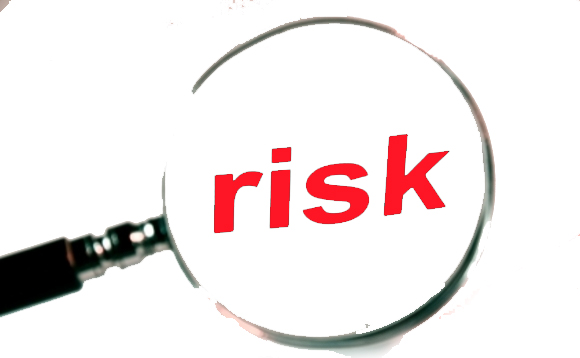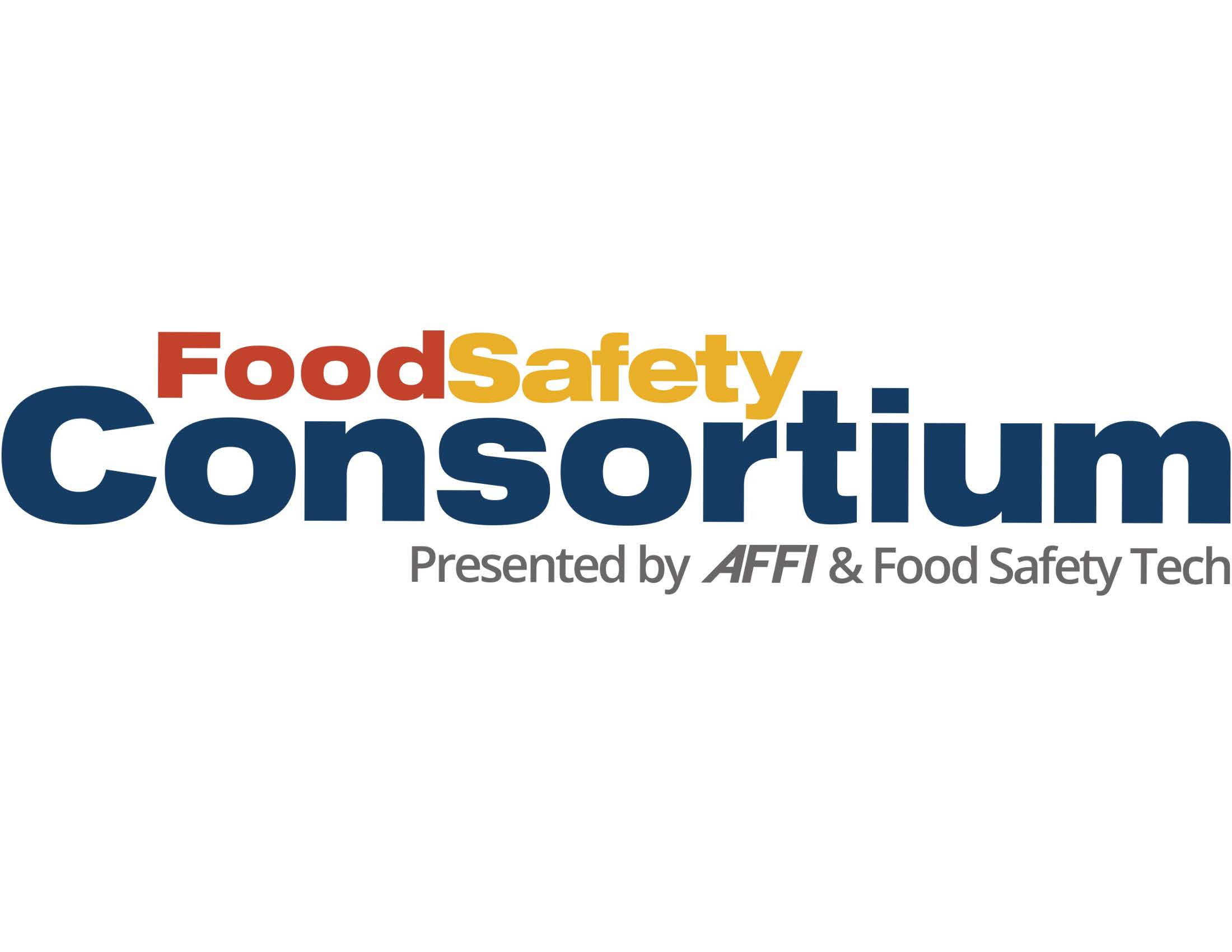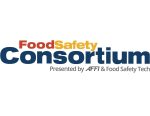Following last week’s implementation of a 25% tariff on products entering the US from Mexico and Canada, plus an additional 10% tax on imports from China, food safety professionals should prepare for ripple effects throughout the supply chain. These tariffs create interconnected challenges requiring systematic attention.
While it is inevitable that some buyers in tariffed countries will shift their purchases from U.S. suppliers to avoid the tariffs, it is just as expected that many U.S. food companies will shift their purchasing to domestic supply chains to save costs. And as those food companies move away from expensive imports, domestic growers and manufacturers may experience demand surges, creating a fundamental safety challenge where production pressures increase faster than the food safety infrastructure.
Increased Capacity Leads to Increase Risks
Processing facilities operating beyond designed capacity may compromise existing food safety management systems. Rapid workforce expansion typically outpaces adequate food safety training, increasing food safety handling risks, while quality assurance programs designed for standard production volumes become stretched if production volumes increase substantially. Companies expanding domestic production should conduct comprehensive risk assessments before increasing capacity, with particular attention to known or reasonably foreseeable hazards that may be compromised under accelerated production schedules.
Supply Chain, Traceability and Recording Keeping Concerns
The economics of high-value imported foods like avocados, mangoes, meat, and specialty cheeses will fundamentally change under the tariff structure. When legitimate import channels become prohibitively expensive, sophisticated black market operations emerge that specifically target food supply chains. These operations present unique food safety hazards, as products may be transported without temperature monitoring or verification; traceability documentation is often falsified, eliminating the ability to conduct recalls; and products may be “washed” through multiple intermediaries to obscure origin.
Food Fraud
Product substitution represents perhaps the most immediate economically motivated adulteration (EMA) risk in this environment. When high-value ingredients face substantial tariff increases, suppliers may substitute lower-value alternatives without disclosure. For example, we might see conventional produce falsely labeled as organic to command premium pricing that offsets tariff costs. Similarly, expensive oils like extra virgin olive oil might be diluted with cheaper oils while maintaining premium labeling and pricing. Food companies will need to enhance receiving processes specifically to identify potentially diverted products by implementing enhanced documentation verification, supplier approval processes, and potentially laboratory testing to verify product authenticity and safety.
Companies facing margin compression commonly target operational efficiency measures that inadvertently compromise food safety systems through extended production runs between sanitation cycles allowing biofilm formation and harborage point development, reduced preventive maintenance increasing equipment failure risks during production, and reformulation to extend shelf-life requiring additional validation.
The Canadian supply chain realignment may represent a more than temporary adaptation—it may reflect a fundamental restructuring of North American food trade that will have persistent effects even if tariffs are eventually removed. New supplier relationships will need to be established and a holistic assessment of food safety programs should be conducted as part of new supply identification and onboarding processes. Canadian companies may approach these changes as permanent structural adjustments requiring comprehensive revisions to supplier verification programs rather than as temporary workarounds. In preparing for these challenges, companies should implement a structured approach that includes:
- Conducting systematic vulnerability assessments of supply chains to identify specific points where tariff pressures create food safety risks.
- Developing enhanced verification processes for the specific risks of rapidly onboarded new suppliers.
- Revalidating critical control points under new operating conditions.
- Implementing targeted testing programs for high-risk imported products potentially subject to black market diversion.
In these uncertain times, navigating the complex intersection of international trade policy and food safety requires specialized expertise that combines regulatory knowledge, technical assessment capabilities, and strategic planning.





